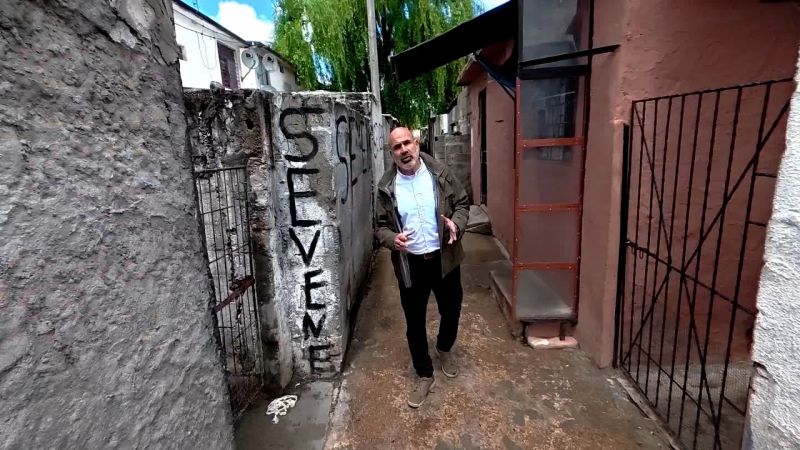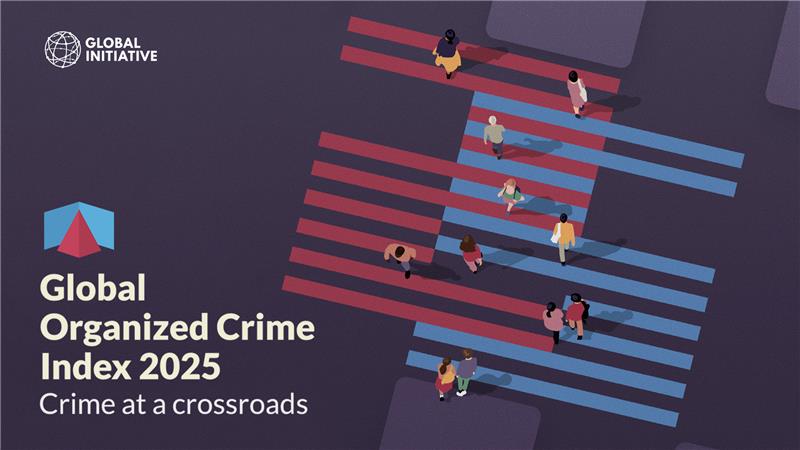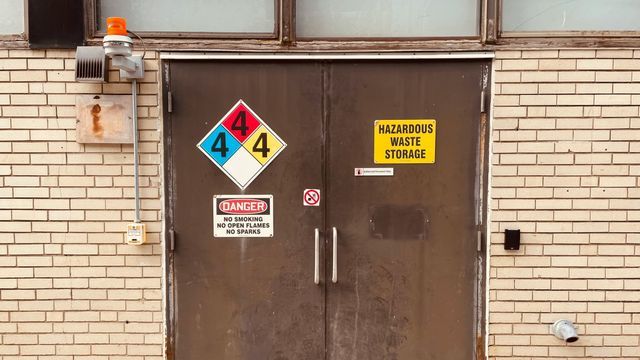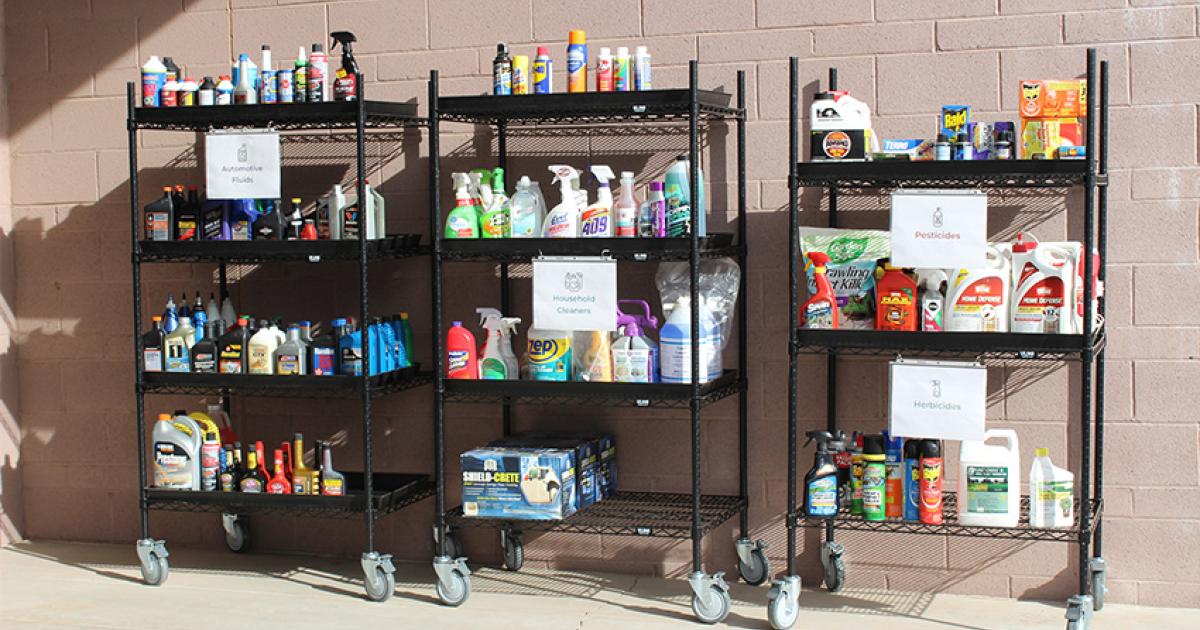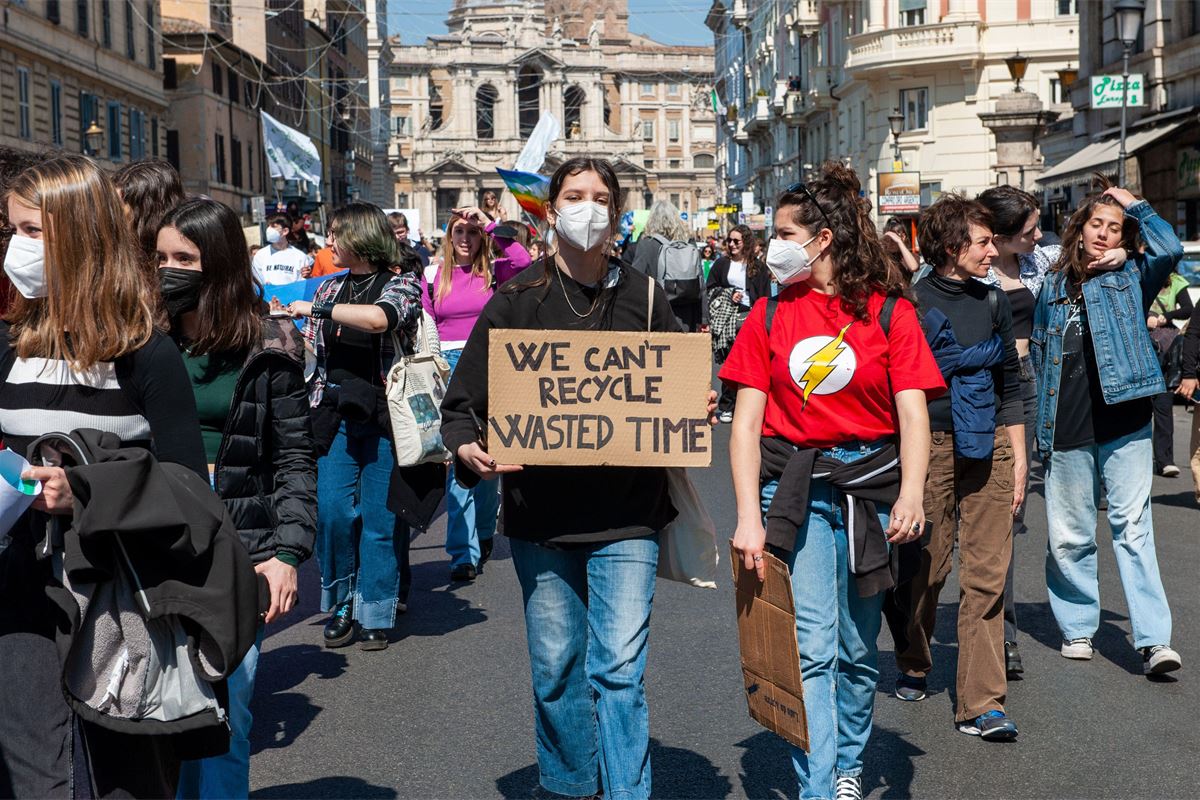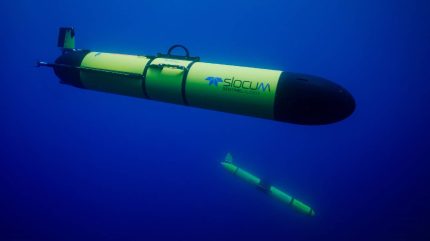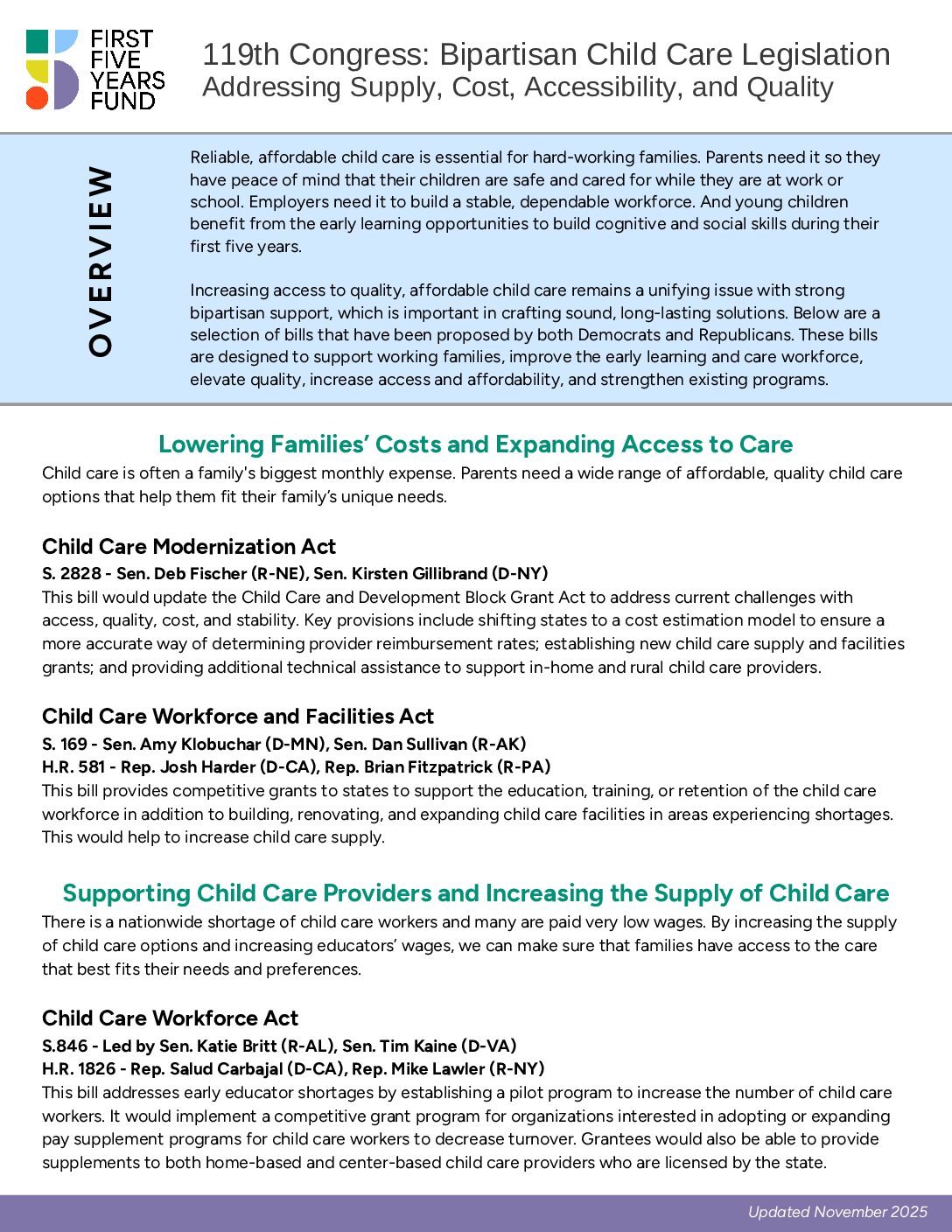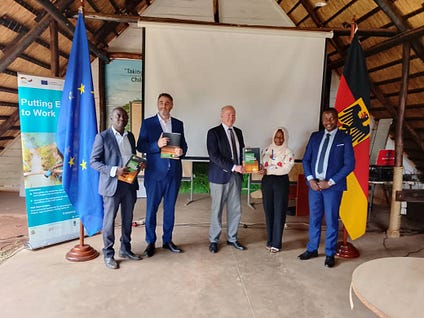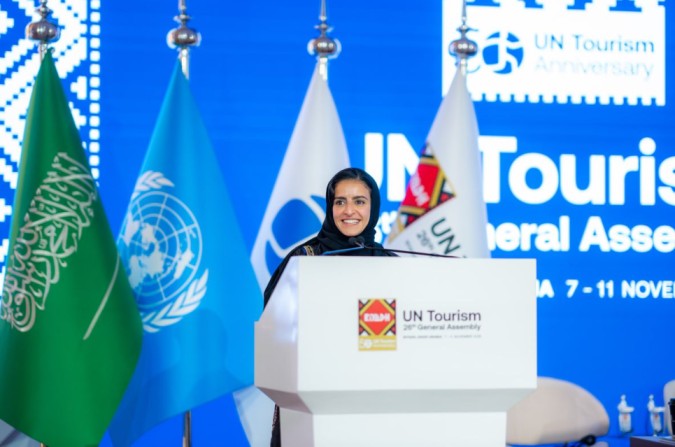Global Sustainable Tourism Conference 2025 to transform future of travel with new innovations and policy shifts in Fiji – Travel And Tour World

Report on the 2025 Global Sustainable Tourism Conference in Fiji
The 2025 Global Sustainable Tourism Conference (GSTC), scheduled for 5-8 August 2025 in Fiji, is set to address the critical alignment of the global travel and tourism industry with the United Nations Sustainable Development Goals (SDGs). The conference will serve as a platform for industry leaders, policymakers, and stakeholders to formulate strategies and innovations that advance a sustainable, resilient, and equitable future for tourism.
Fiji’s Role in Advancing Sustainable Development Goals
The selection of Fiji as the host nation underscores the growing importance of sustainable practices within the Asia-Pacific region. Fiji’s national tourism strategy demonstrates a commitment to integrating economic development with environmental and social stewardship, providing a practical model for achieving key SDGs.
National Strategy and Community Engagement
Fiji’s approach to tourism management is directly linked to several Sustainable Development Goals:
- SDG 8 (Decent Work and Economic Growth): By emphasizing community-based tourism, Fiji promotes the creation of sustainable livelihoods and ensures that economic benefits are distributed to local populations.
- SDG 11 (Sustainable Cities and Communities): The nation’s focus on responsible tourism helps safeguard its cultural and natural heritage, which is essential for community well-being and identity.
- SDG 14 (Life Below Water) and SDG 15 (Life on Land): As an island nation, protecting marine and terrestrial ecosystems is paramount. Fiji’s sustainable tourism initiatives are crucial for conserving biodiversity, a primary asset for its tourism sector.
Conference Agenda: Integrating SDGs into Global Tourism Practices
The conference will focus on actionable strategies across various sectors of the tourism industry, with a core objective of embedding the SDGs into operational and policy frameworks.
Hospitality Sector Innovations
Discussions will center on advancing responsible production and consumption patterns within the hotel industry, in line with SDG 12 (Responsible Consumption and Production). Key topics include:
- Waste reduction and circular economy models.
- Implementation of energy-efficient systems and renewable energy sources.
- Sustainable sourcing through local, farm-to-table supply chains that support local agriculture and reduce food miles.
Sustainable Aviation and Infrastructure
A significant portion of the agenda will be dedicated to mitigating the environmental impact of air travel, directly addressing SDG 13 (Climate Action). The conference will facilitate dialogue on:
- The development and adoption of sustainable aviation fuels (SAFs) and biofuels.
- Effective carbon offset programs and emission reduction technologies.
- The design of sustainable airport infrastructure, focusing on energy efficiency and waste management systems, contributing to SDG 9 (Industry, Innovation and Infrastructure).
Policy and Governance Frameworks
Policymakers will collaborate on developing robust regulatory frameworks to manage tourism growth sustainably. This aligns with the need for strong institutions and global partnerships as outlined in the SDGs. Key policy discussions will include:
- The implementation of tourism taxes and visitor caps to manage overtourism and fund conservation efforts.
- The creation of a unified global approach to sustainable travel regulations.
- Fostering multi-stakeholder collaboration as a core tenet of SDG 17 (Partnerships for the Goals) to ensure cohesive action between governments, the private sector, and civil society.
Strategic Objectives and Expected Outcomes
The GSTC 2025 is positioned as a pivotal event to accelerate the industry’s transition towards sustainability. The primary objectives are to establish a clear path for the future of global travel, grounded in the principles of the Sustainable Development Goals.
- To foster global partnerships (SDG 17) among diverse stakeholders for the development and implementation of sustainable tourism projects.
- To define and promote best-practice standards for the hotel, airline, and travel sectors that are explicitly aligned with measurable SDG targets.
- To accelerate the research, development, and adoption of innovative technologies that reduce the environmental footprint of tourism, contributing to SDG 9 and SDG 13.
- To influence the development of coherent national and international policies that ensure the long-term environmental, social, and economic sustainability of the tourism industry.
Sustainable Development Goals (SDGs) Addressed
- SDG 8: Decent Work and Economic Growth – The article discusses how sustainable tourism can support local economies and communities.
- SDG 9: Industry, Innovation, and Infrastructure – It highlights innovations in sustainable aviation, eco-friendly hotels, and energy-efficient airports.
- SDG 11: Sustainable Cities and Communities – The text addresses the need to manage overtourism and protect local culture.
- SDG 12: Responsible Consumption and Production – This is a central theme, focusing on sustainable practices, waste reduction, and eco-friendly travel.
- SDG 13: Climate Action – The article explicitly mentions climate change, the carbon footprint of travel, and policies to reduce emissions.
- SDG 14: Life Below Water – By focusing on Fiji, a destination known for its natural beauty, the article implies the need to protect marine ecosystems from tourism impacts.
- SDG 17: Partnerships for the Goals – The conference itself is presented as a global partnership to advance sustainable tourism.
Specific SDG Targets Identified
-
Target 8.9: Promote sustainable tourism
- Explanation: The article states that the conference will address how to “ensure that tourism supports, rather than exploits, local communities” and highlights Fiji’s emphasis on “responsible tourism and community engagement as part of its national tourism strategy.” This directly aligns with the goal of devising policies for sustainable tourism that create local jobs and promote local culture.
-
Target 9.4: Upgrade infrastructure and retrofit industries to make them sustainable
- Explanation: The article discusses the need for the tourism industry to evolve, mentioning “innovations like energy-efficient terminals,” “sustainable aviation technologies, such as biofuels,” and hotels “adopting green initiatives” like “energy-efficient buildings.” This points to retrofitting and upgrading industry infrastructure for sustainability.
-
Target 12.b: Monitor sustainable tourism impacts
- Explanation: A key goal of the conference is to “foster a tourism ecosystem that prioritizes long-term environmental and socio-economic benefits.” This involves discussing “best practices for sustainable travel” and developing a “unified global approach,” which are foundational steps for implementing tools to monitor the impacts of tourism.
-
Target 13.2: Integrate climate change measures into policies and planning
- Explanation: The article describes “Travel Policy Shifts” where “governments around the world are beginning to implement stricter policies aimed at reducing the negative impacts of tourism” in response to “climate change.” It explicitly mentions “mandatory carbon offset programs” and “stricter regulations on emissions” as examples of such policies.
-
Target 17.17: Encourage effective public, public-private and civil society partnerships
- Explanation: The Global Sustainable Tourism Conference is described as a “platform for forward-thinking leaders,” “policymakers and stakeholders” to “collaborate on developing a unified global approach to sustainable travel.” This gathering exemplifies a multi-stakeholder partnership aimed at achieving sustainable development goals.
Indicators for Measuring Progress
-
Implementation of Sustainable Practices
- Explanation: The article implies that progress can be measured by the adoption of specific sustainable practices. It mentions “waste reduction initiatives,” “energy-efficient systems” in hotels, “improved waste management systems” at airports, and the use of “biofuels” by airlines. The number and scale of these initiatives serve as direct indicators.
-
Development and Adoption of Sustainable Policies
- Explanation: The article points to policy shifts as a key measure of progress. It mentions governments introducing “tourism taxes, visitor caps, and mandatory carbon offset programs.” The existence and enforcement of these regulations are clear indicators of integrating sustainability into national planning.
-
Investment in Green Technology and Infrastructure
- Explanation: Progress can be tracked by investment in and development of “sustainable aviation technologies,” “eco-friendly travel innovations,” and “sustainable hotel developments.” The article positions these as critical for the future of travel, making their adoption a key indicator.
SDGs, Targets, and Indicators Analysis
| SDGs | Targets | Indicators Identified in the Article |
|---|---|---|
| SDG 8: Decent Work and Economic Growth | Target 8.9: Devise and implement policies to promote sustainable tourism that creates jobs and promotes local culture and products. | Implementation of community-driven programs and responsible tourism strategies that support local communities. |
| SDG 9: Industry, Innovation, and Infrastructure | Target 9.4: By 2030, upgrade infrastructure and retrofit industries to make them sustainable, with all countries taking action in accordance with their respective capabilities. | Adoption of sustainable aviation technologies (biofuels), energy-efficient airport terminals, and green initiatives in hotels (energy-efficient buildings). |
| SDG 12: Responsible Consumption and Production | Target 12.b: Develop and implement tools to monitor sustainable development impacts for sustainable tourism. | Implementation of sustainable practices such as waste reduction initiatives, improved waste management systems, and farm-to-table dining experiences. |
| SDG 13: Climate Action | Target 13.2: Integrate climate change measures into national policies, strategies and planning. | Introduction of government policies like tourism taxes, visitor caps, mandatory carbon offset programs, and stricter regulations on emissions. |
| SDG 17: Partnerships for the Goals | Target 17.17: Encourage and promote effective public, public-private and civil society partnerships. | The hosting of the Global Sustainable Tourism Conference itself, bringing together industry leaders, policymakers, and stakeholders to collaborate. |
Source: travelandtourworld.com

What is Your Reaction?
 Like
0
Like
0
 Dislike
0
Dislike
0
 Love
0
Love
0
 Funny
0
Funny
0
 Angry
0
Angry
0
 Sad
0
Sad
0
 Wow
0
Wow
0

